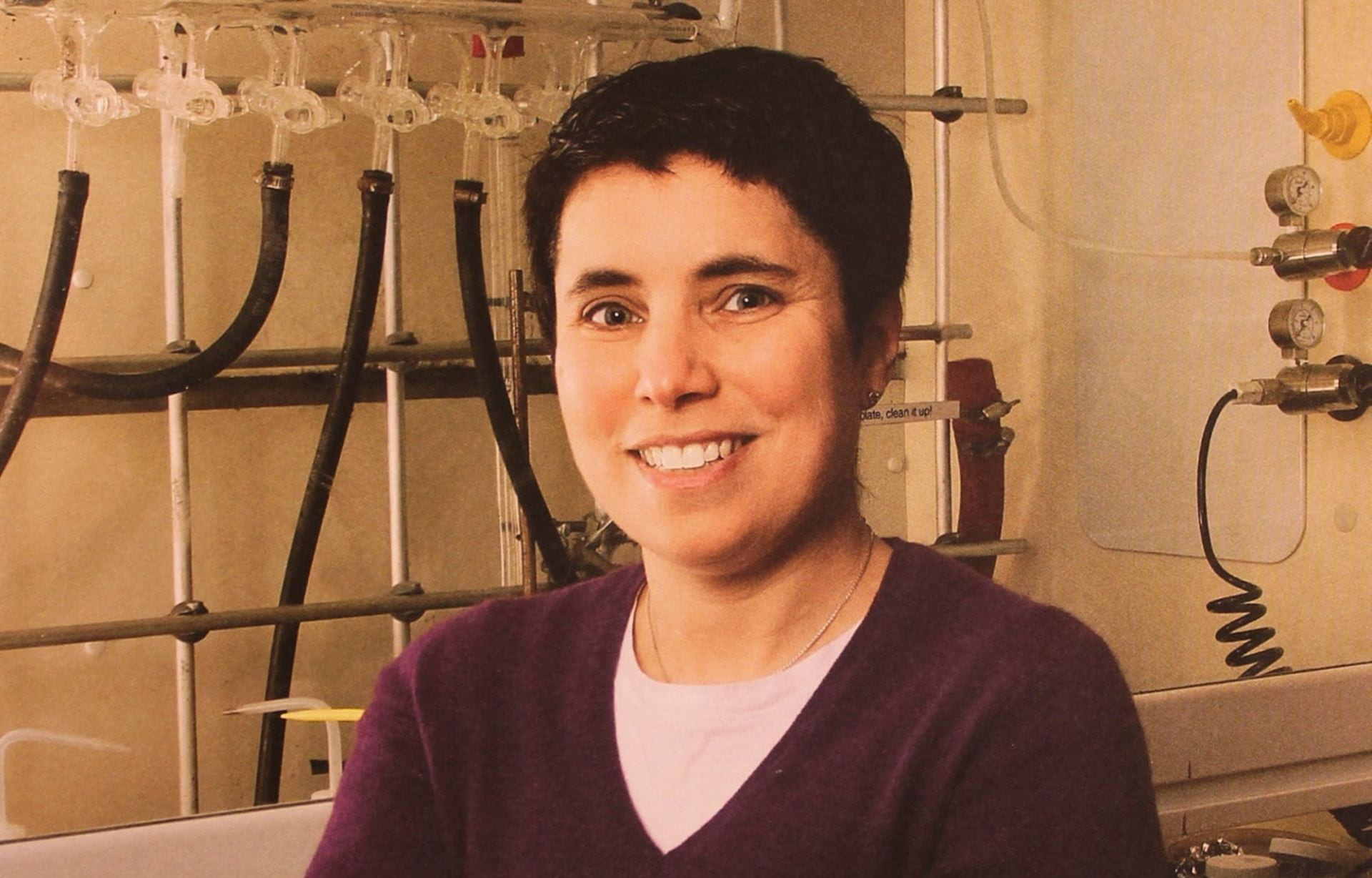A Critical Agenda
The Future of Energy Science
The urgent need to revolutionize our thinking about energy can no longer be disputed. Scientific advances, combined with deep understanding of human interactions with the natural world, form the path to sustainable solutions to society’s energy needs.
In recent years, Penn Arts & Sciences has worked to accelerate discovery in energy science through a number of initiatives including critical faculty hires, the establishment of the Vagelos Institute, and undergraduate research opportunities through the Vagelos Integrated Program in Energy Research.
To establish a home for energy research that supports our commitment to this critical agenda, the University is undertaking construction of a 111,000-square-foot, state-of-the art laboratory space. The building is a central element of both the strategic plan of the School of Arts & Sciences and the University’s plan for advancing research in energy and sustainability.

The Vagelos Laboratory, located at the intersection of 32nd and Walnut Streets, will create a striking gateway to Penn.
Building for the Future
A World-Class Facility
Designed by Behnisch Architekten, the Vagelos Laboratory for Energy Science and Technology will create a striking gateway to the Penn campus while providing highly functional, flexible, and efficient space to facilitate collaboration and discovery.
View Opportunities to Support Energy Science at Penn
View VLEST Renderings
Experience the VLEST Virtual Reality Tour
Watch Video: Architect Matt Noblett on VLEST’s Innovative Design Program
Discovery in Action
Connecting People and Programs
Energy, Sustainability, and the Environment
A Time for Action
An overwhelming scientific consensus exists that human activity is having an unintended negative impact on the global environment. The Vagelos Laboratory for Energy Science and Technology will accelerate the pace of scientific advances in sustainable energy at Penn, forging the path to urgently needed solutions.

Realizing the Vision
Supporting Energy Science at Penn
Opportunities exist at a range of levels to support this critical project.
To learn more, please contact Deb Rhebergen, Vice Dean for Advancement, at 215-898-9942 or drheberg@sas.upenn.edu.







